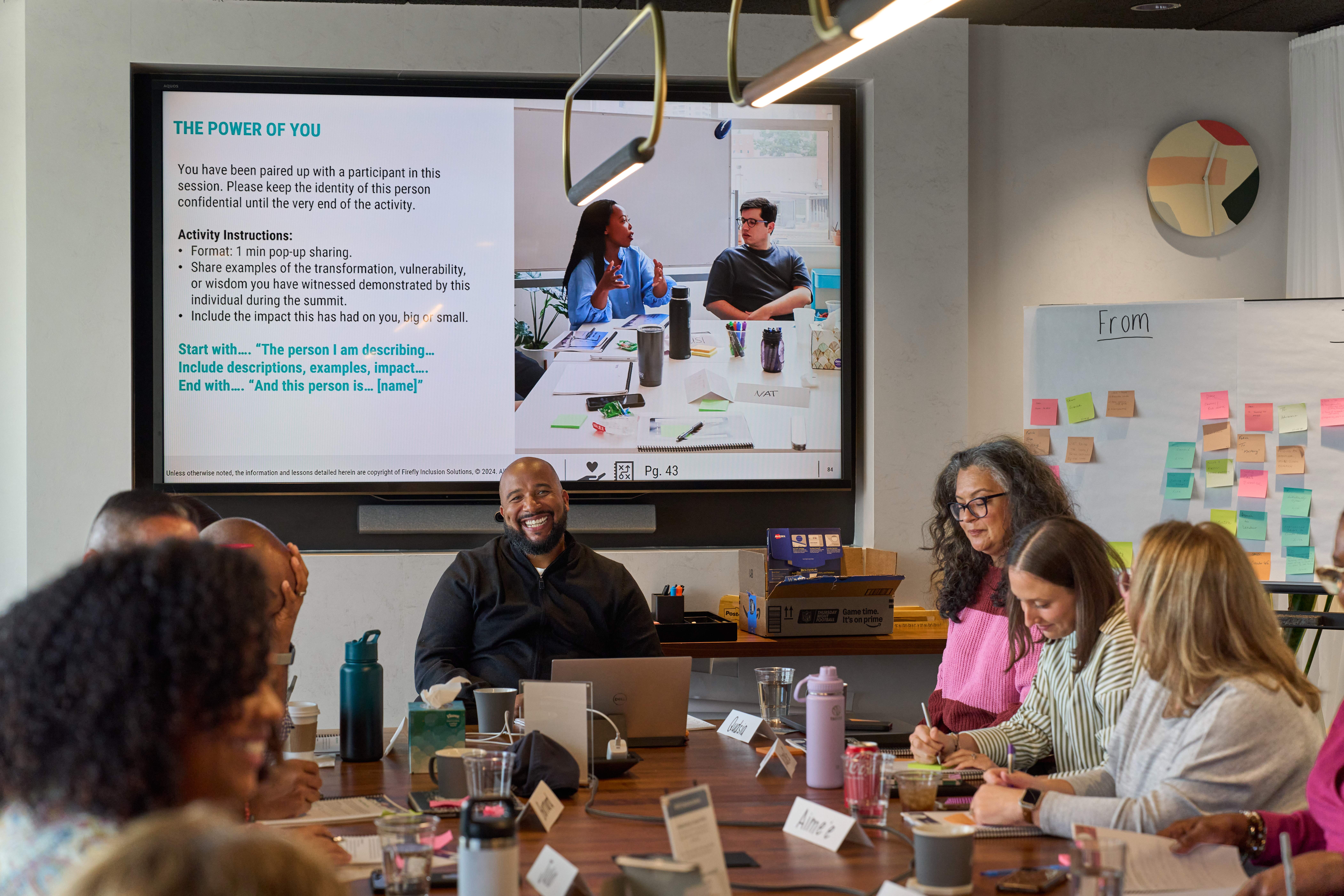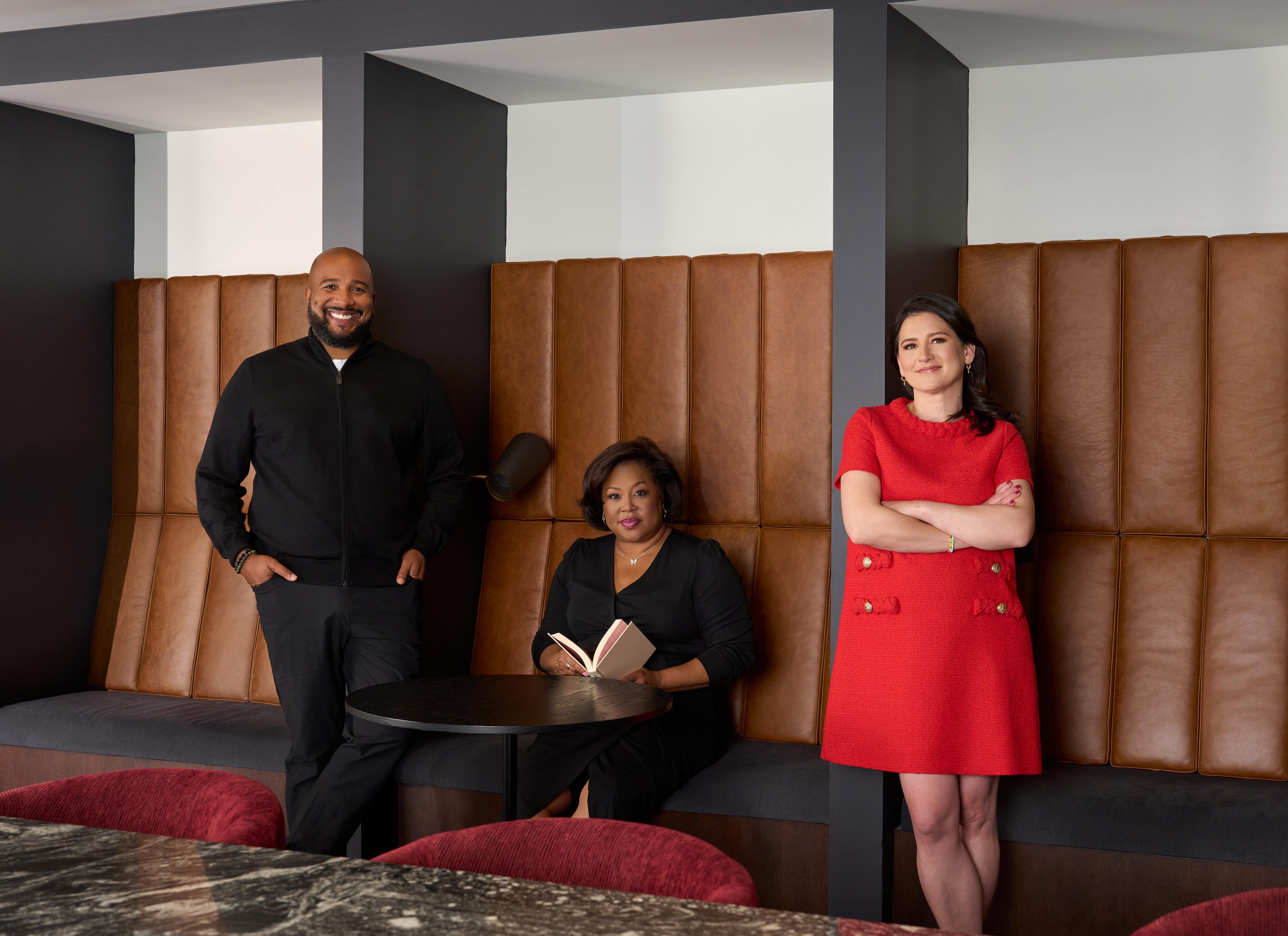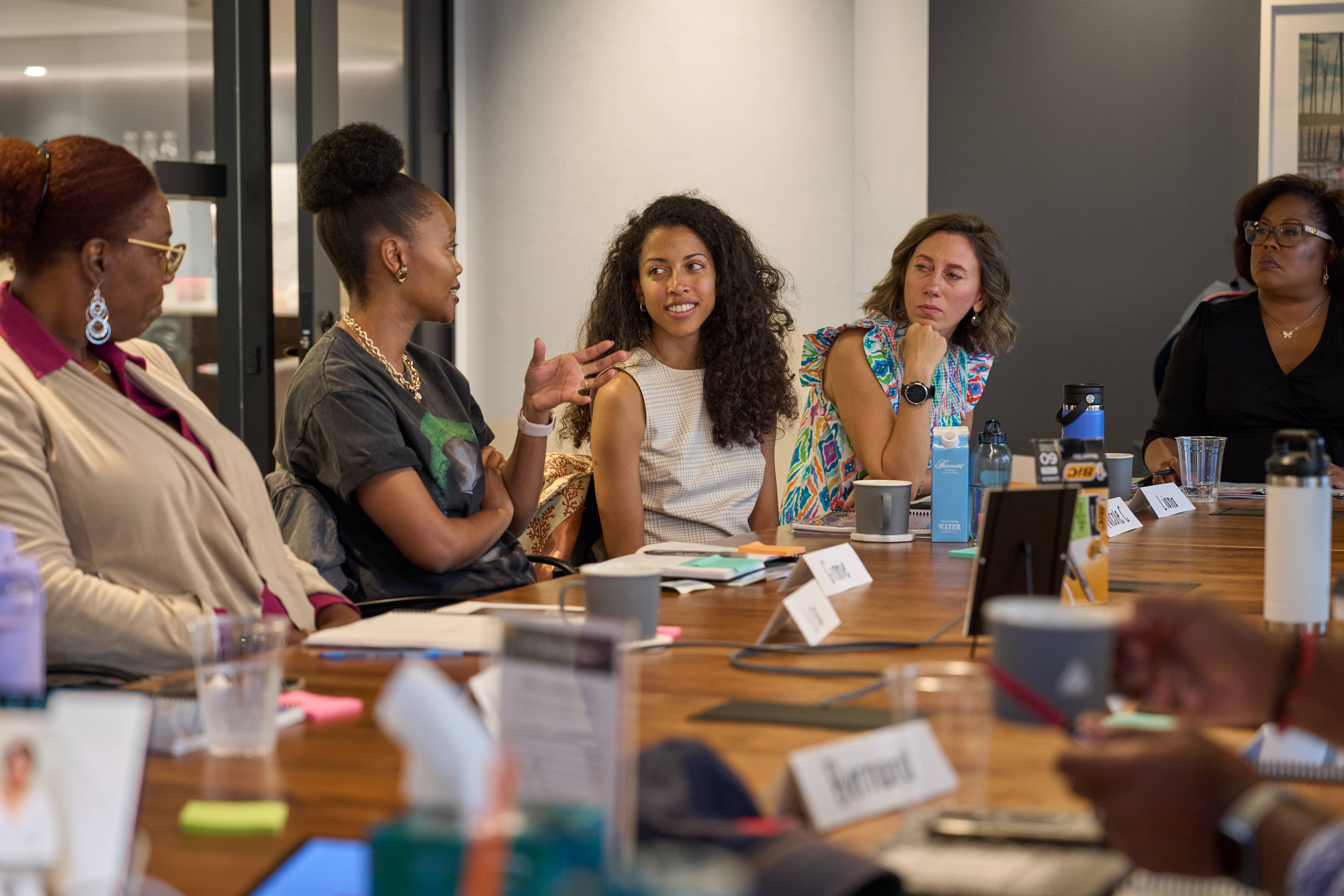At 08:29 AM EDT on 14 August 2021, a magnitude 7.2 earthquake struck the nation of Haiti. Just a month prior to that, Haiti’s president Jovenel Moïse was assassinated at his home.
As is typical when trouble strikes this island nation, concern, donations, and criticism poured in from across the globe in response to these disasters. This has generally been the world’s response ever since 1804 when Haiti gained independence from France after a 13-year revolt – the only successful one led by enslaved Black people.
Money and concern aren’t nearly enough to elevate Haiti from the ashes of colonialism and corruption. For this month’s Voices of Firefly takeover, we’re thrilled to welcome Kareen Ulysse, who is continuing the legacy of her father as the leader of the Centre Hospitalier de Fontaine (C.H.F.) Foundation. We’ve asked her to share what’s being done on the ground to uplift Haiti and how concerned global citizens like you can help them sustain the fight beyond sporadic donations. Here is her story:
Cite-Soleil wasn’t always Haiti’s most dangerous borough. It was, for as long as I can remember, where the capital’s poorest continuously resided. It was and still is where the forgotten live.
My father recalls a sociologist, between 1988-1993, warning that Cite-Soleil would become the most problematic area in the country if living conditions continued to decrease. As a newly democratic country with a new taste for corruption, it was far more beneficial to enable conditions to worsen. How else do you create a group of people that can be easily manipulated and intimidated into voting for a particular party and participating in protests and riots?
Taking the warning to heart, my father, 31-years-old at the time, called a meeting with two other friends who agreed to help him build a small clinic that would offer essential first aid services.
In their opinion, chaos and violence thrive in illiteracy and sickness; this was their way of fighting the system. By year five, the pressures of keeping the clinic open became too extensive for the two other associates. From 1996 to 2018, my father poured all he could into the hospital to keep its doors open. Cite-Soleil, by then, was already a household name. He understood early on that there wasn’t going to be a line of people volunteering to help him keep humanity alive in Cite-Soleil.
I came up with this saying: “A black man’s biggest ally is his daughter.” In 2018, I became my father’s biggest ally after visiting my grandmother (his mom) who was sick at the time. Before I left, an employee asked me if I would like to take a tour of the hospital. I’m glad I did.
It was during that tour that I noticed how far the hospital had come and how much further it needed to and could go. During the same tour I also noticed how tired my father looked, and how much slower he moved. There was no way I was going to let all his hard work be in vain.
There’s a Continuity Problem in Haiti
We leave for developed nations and let our parents’ businesses fail. I was not going to be part of that group. I started C.H.F. Foundation to rally support behind my father’s hospital first and foremost. From the very beginning, I knew the foundation had to focus on moving the hospital towards sustainability. If I was going to be involved, it had to be worthwhile. No one wants to support a dying project. For this to be worthwhile, the Foundation’s overarching goal had to be to reduce the hospital’s dependence on aid. My foundation was not about to be like the many foundations in Haiti doing a whole lot of nothing to actually end the cycle of dependency. How could they keep asking you for your money if they didn’t teach the people to fish?
In 2018, the same week I visited the hospital, I told my father that I’d like to move back to Haiti. Imagine my surprise when he told me he didn’t think I was ready! I was offended, but to be fair, he was right.
I didn’t realize it, but my father started me on my emotional intelligence journey. I’m sure he appreciated that I wanted to be involved, but he would not put his hard work at risk because of my overly emotional, judgmental, and naive self. At the time, I was a liability to his work.
To Understand & Solve Haiti’s Problems, You Must Understand these Four Critical Lessons
There are four points my father made sure I understood before I got his approval to move back, and they are four critical points people outside of Haiti need to understand if they wish to truly help us bring sustainable change to this nation:
1. To do anything in Haiti, you have to be there. Too many people rely on a good idea, good heart, good intentions, and an international degree and way of seeing things and wonder why their projects fail. You have to have lived there for at least one year to begin to understand how you can fit into all of it.
2. Don’t use the word “trust” loosely when it comes to the next generation. This was my father’s response when I told him I was hopeful that my generation could come together and make a change. He explained that the parents of his generation that caused things to deteriorate so much are training their children to be just as ruthless, if not worse. If their parents didn’t value life or social justice, don’t expect them to.
3. Control your emotions. No one wants to work with a drama queen or a pushover. This work is trying and it is hard, and everyone is hoping you’re naïve enough to fall for a sob story. To do this work, it’s important to guard your emotions and develop strong emotional intelligence.
4. Money and lack of conscience started the problem. Money isn’t Haiti’s problem. This one is something I learned by listening to my father struggle to find payroll and equipment repair money. When I got involved with the hospital, it hit me: It had cost a lot of money to get and keep Haiti the way it is. It takes money to smuggle $2,000 guns into Haiti. It takes even more money to coordinate the assassination of a President. It takes money to make sure no new schools and hospitals are built. How can we then expect thoughts, prayers, and periodic morally-motivated donations to be enough? It will take money from a source other than the corrupted to begin to see a way out of this.
There’s a Better Way for the Global Community to Come Together for Haiti
I never set out to save the world, not even my country. I’m no fool. The roots of corruption run deep. I just wanted to keep my father’s hospital, dignity, and one school in Cité-Soleil.
What we need as a foundation – and what all organizations working on the ground in Haiti need – is to continue to move away from survival mode towards sustainability. We need enough people to become recurring monthly donors. If 500 people decide to donate $1, that’s $500 we know we can allocate to the hospital’s highest needs. Today, you can be part of a small but growing group of people who have decided that the poorest, most excluded groups are people worth our time, money, and resources.
If you’re worried about the use of your funds, time, and resources when you decide to take a leap of faith with my foundation, let me assure you, as the daughter of a Black man in today’s world, I’m not putting his work, legacy, and reputation at risk.
The next 30 years will be the hospital’s best years under my leadership. But long-term support is needed. Visit our website WWW.CHFFOUNDATION.COM to become a monthly donor today , or text “Give” to 678-433-6320.
Paragraph



